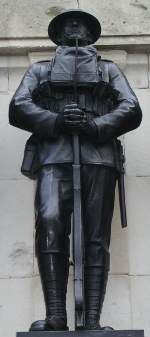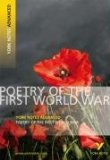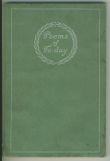For ordinary mortals, it’s hard to know what is most jaw-dropping about the Nomos Capital sex discrimination case. The allegations are shocking for a start, confirming our reasonable prejudice that the love of money is indeed the root of all kinds of evil and those greedy blighters truly are a different species. Except, of course, that they are merely a worse version of much of the rest of mankind in their arrogance and bullying.
Then there’s the claim by ‘multimillionaire financier Mark Lowe’ that he ‘always treated’ his employee, Jordan Wimmer, ‘in a gentlemanly way’. His use of ‘gentlemanly’ seems rather stretched when his conduct included emailing jokes which ‘compared women to dogs, expensive cars, sheep and corrosive chemicals’. Perhaps Lowe (described, rather bizarrely as ‘erudite’) was using the word in the first, archaic, definition given by the OED: ‘properly, one who is entitled to bear arms, though not ranking among the nobility’ (‘now chiefly historical’), though I rather suspect he may have been trying to lay claim to be ‘a man of chivalrous instincts and fine feelings’. Yet the report continues: ‘He admitted referring to Wimmer as “only decorative”, but he said it was a joke.’ Is it gentlemanly to jest about a young lady in that way, even in London?
Mix this in with the information that Miss Wimmer, at the tender age of 29, was paid £577,000 a year ‘to introduce rich individuals to hedge funds’. Ah, the etiquette of introductions is so expensive, isn’t it? All that money merely to be decorative! Add to the brew her claim that he’d hired a hitman to kill her and Hugh Muir’s revelation in Friday’s paper that this ‘erudite’ man was known at Balliol College Oxford as ‘Markedlylowgrade’. Which might explain Mr Lowe’s unconvincing riposte that the accusation that he thought of women as objects was ‘reductio ad absurdum through false syllogism’. Such language might be material for Word of the Day but it rings hollow, particularly when read in the light of Hugh Muir’s story on Thursday. This has Mr Lowe look in on the Balliol College law library. ‘This is just like a gentleman’s club,’ he said. ‘In that case you’d better leave,’ came the reply.
The humble wage-earner might also enjoy a moment’s schadenfreude when reading that, in a reductio ad absurdum, Lowe’s firm was brought low, nay liquidated, after being burned by the Bernard Madoff Ponzi fraud. Unfortunately (as much for him, I feel, as for natural justice), Lowe still has an estimated wealth of £100m. As we’re being jocular, we might consider it appropriate that ‘to be a gentleman’, the OED tells us, is ‘to have no work to do’. Even more appropriately, perhaps: ‘in contemptuous or humorous uses; esp. old gentleman = old fellow, spec. the devil’. The devil, after all, also took pride in false syllogism – but that’s another story, involving, as Oscar Wilde reminded us, ‘a man and a woman in a garden’ and ending ‘with Revelations’. Revelations enough in the employment tribunal for now.

 Today’s
Today’s 
 There is a good range of poetry in Martin Stephen’s anthology
There is a good range of poetry in Martin Stephen’s anthology 